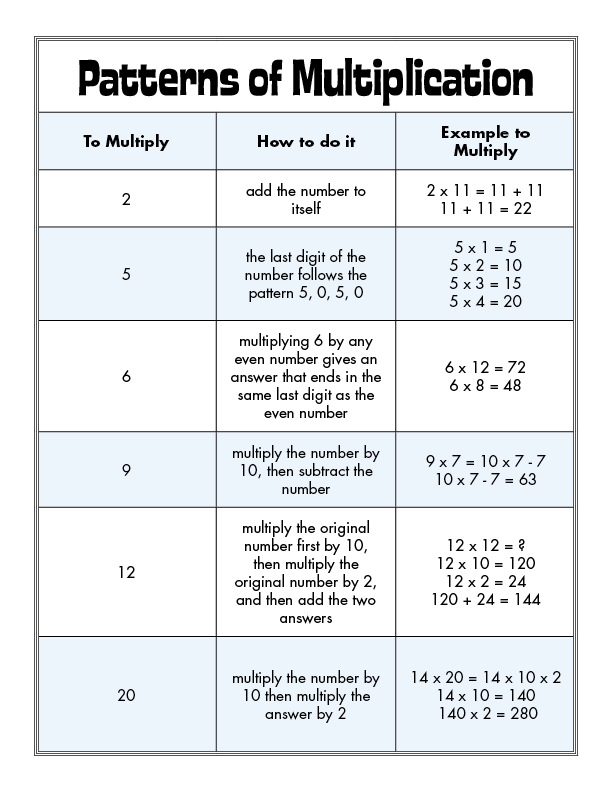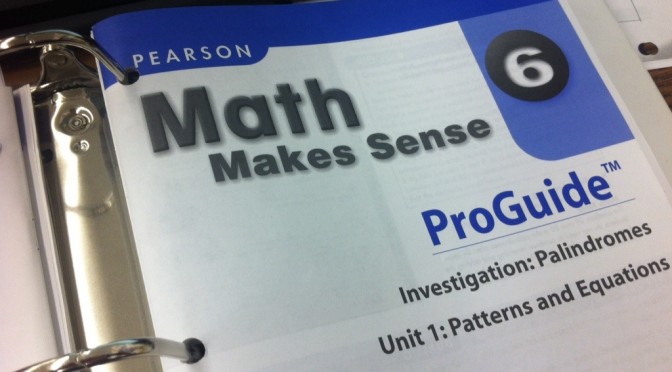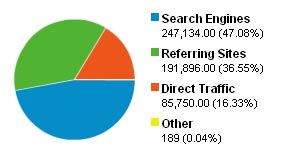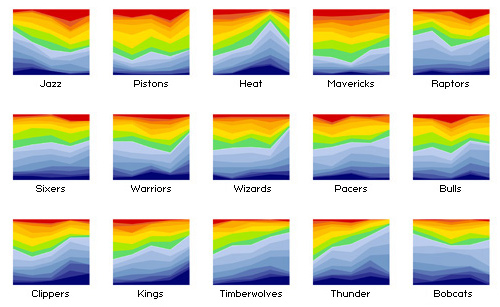Mathler is like Wordle, but with math. It’s trickier than it first appears and, just like Wordle, gets exponentially easier with each guess.
Category: Math
Patterns of Multiplication

There are quick ways to multiply two numbers, and these patterns of multiplication are easy to remember. Below are some patterns involved in multiplying numbers by 2, 5, 6, 9, 12, and 20.

Here’s a handy pdf handout version: patterns of multiplication.
Pattern Rule for 5, 10, 15, 30, 45, 50

While teaching sixth grade math yesterday, I came across this tricky question in the “Pearson Math Makes Sense” textbook. Unfortunately, it didn’t take long for things to not make sense.
The book shows the following input / output table.
| Input | Output |
|---|---|
| 5 | 0 |
| 10 | 2 |
| 15 | 3 |
| 30 | 7 |
| 45 | 8 |
| 50 | 11 |
It notes that some of the outputs were intentionally incorrect and asks students to identify and correct the mistakes. That was easy enough but it then asks students to “Write the pattern for the input.”
This is where I became lost.
2010 Visitor Statistics
These are my Google Analytics stats for 2010.

Here’s how the visitors got here:

Of those that got here via referring links, here are the top ten sites that brought them here most often:
- stumbleupon.com
- facebook.com
- www3.telus.net
- google.com
- de.wikipedia.org
- en.wikipedia.org
- fxp.co.il
- images.google.com
- digg.com
- desgraciashumanas.blogcindario.com
Almost all of the top 50 search results were related to backmasking. Here are the top ten:
- stairway to heaven backwards
- backmasking
- songs played backwards
- stairway to heaven
- jeff milner
- backmasking songs
- jeff milner backmasking
- backmasked songs
- stairway to heaven backwards lyrics
- back masking
Exactly What To Say in a First Message
In case you’ve ever wondered exactly what to say in a first message, OKTrends (the blog from the dating site OKcupid) has compiled just the data you need to review.
Wrong Tomorrow
Wrong Tomorrow is a site that tracks significant predictions by pundits of politics, finance and information technology, over a maximum 5 year time span.
Thomas Friedman: “Improv time is over. This is crunch time. Iraq will be won or lost in the next few months. But it won’t be won with high rhetoric. It will be won on the ground in a war over the last mile.” 2004-11-11
Jim Cramer: “Google goes down every day and that’s wrong. I don’t believe it’ll stay here long at all. It’ll be back to $500 in no time.” 2008-08-08
Bill Gates: “Two years from now, spam will be solved.” 2004-01-24
It turns out, the trend is that most experts’ predictions are worse than chance.
Did You Know?
The suggestion to watch this informative video came via email from an unlikely source—my mom!
Hit play or watch Did You Know at YouTube.
New Visitors
I had a small flood of new visitors to the site yesterday—about 34,000. Welcome.
Update: Looks like most of you came from here.

NBA Team Heat Maps
Heating up or cooling down? Obsessionism.com graphs NBA teams by their last five years of stats. This appears, at first glance, to be a pretty good indication of how the teams will do this year.

Using data from the Whitburn project, Andy Baio of Waxy.org just wrote an extensive entry about one-hit wonders and pop longevity.
For the last ten years, obsessive record collectors in Usenet have been working on the Whitburn Project — a huge undertaking to preserve and share high-quality recordings of every popular song since the 1890s. To assist their efforts, they’ve created a spreadsheet of 37,000 songs and 112 columns of raw data, including each song’s duration, beats-per-minute, songwriters, label, and week-by-week chart position. It’s 25 megs of OCD, and it’s awesome.
Did pop songs stay on the top 40 charts longer in decades past? Were there more one-hit-wonders in the 60’s, 70’s or 80’s? He’s done some great parsing of some really big data sets, and the results are very interesting.